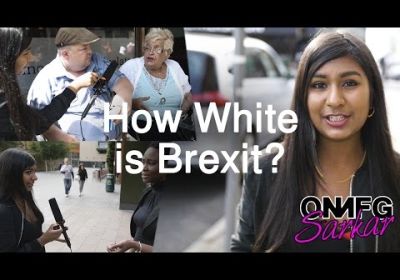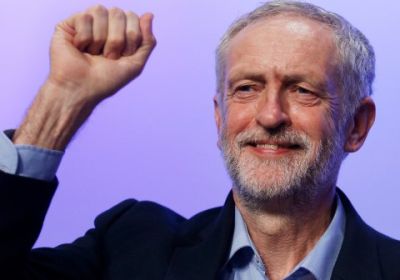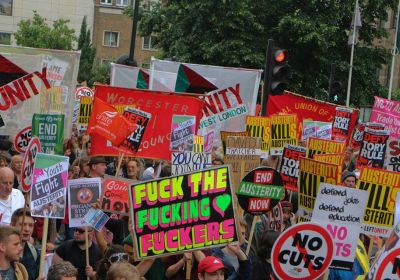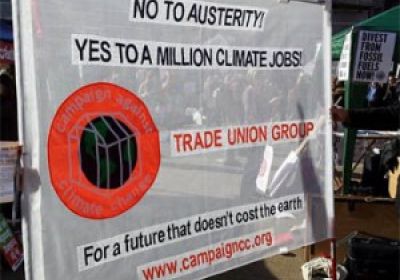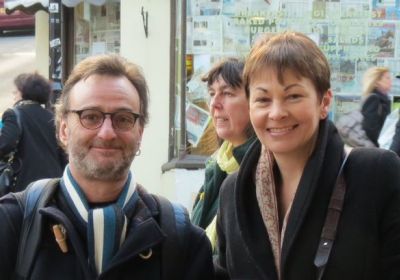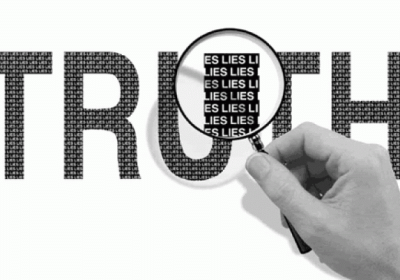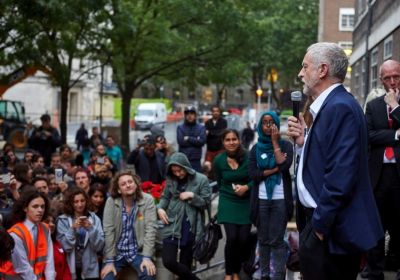
This is going to be an election based more on competing policies and visions of society than any other election for a long time. Mark Serwotka, general secretary of the Public and Commercial Services union, pointed out at the London May Day rally that this is completely different to the past two elections where the challenge was to spot the difference — elections that Labour lost.


